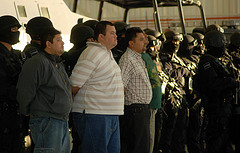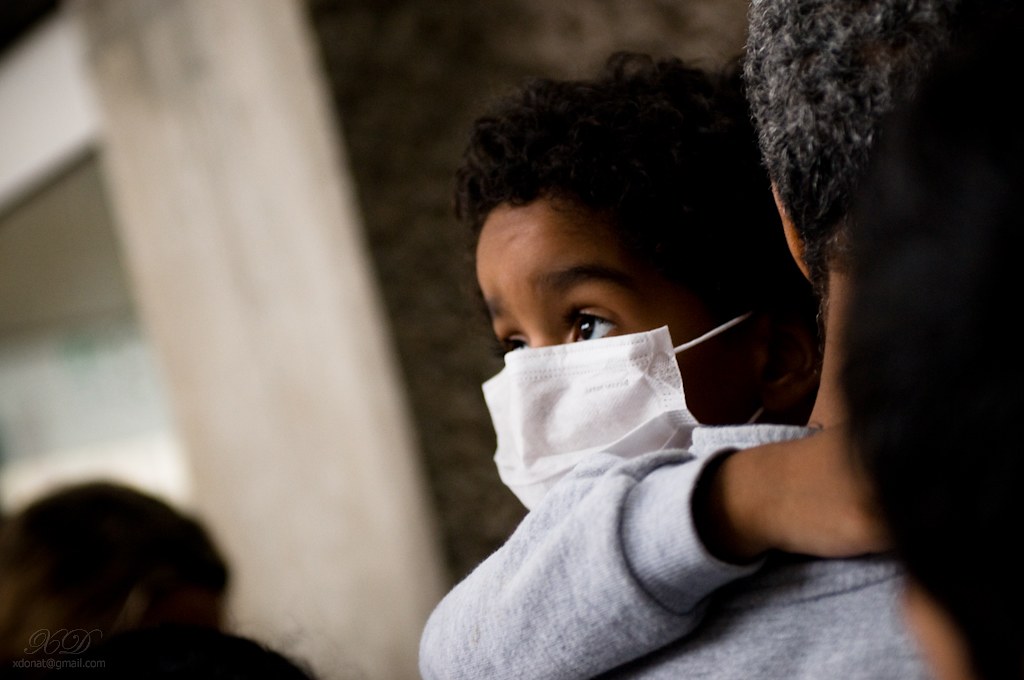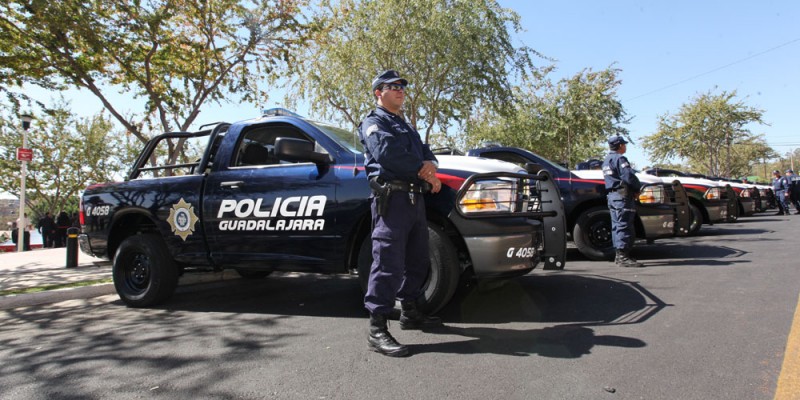
Argentina, Blog, Latin America: Week in Review, Southern Cone
Argentina Inspects Citibank in Latest Chapter of Legal Battle Over Debt
April 7, 2015 By Staff
Top Story — The legal battle between Argentina and a group of U.S. creditors flared up again on Monday, when regulators from Argentina’s central bank inspected Citibank’s Buenos Aires headquarters after the company’s CEO was suspended last week.
The spat is the result of arguments about debt restructuring in Argentina, which defaulted on its debt last July for the second time in 13 years. Since then, the country has been in a legal battle over the way it repays its creditors.
U.S. District Judge Thomas Griesa’s ruling stated that the country couldn’t repay holders of its restructured debt without also paying holdout investors — a sum that equalled some $1.5 billion.
Citibank was processing bond payments for holders of restructured debt, but Griesa decided last month that the bank could no longer do so. That ruling prompted Argentina to declare that it would take away Citibank’s license to operate if it did not keep processing payments. Argentina has since reached an agreement with the vulture funds and creditors to continue making payments until June, when another institution will assume responsibility of the country’s debt.
The holdout funds, often referred to in Argentina as “vulture funds,” purchased Argentina’s debt after the country’s economic meltdown in 2001 for pennies on the dollar, and are now fighting to get full repayment on the bonds. The creditors have rejected the terms of separate debt restructurings in 2005 and 2010, drawing the ire of President Cristina Fernández’s administration.
The vulture funds have been criticized by many countries in the developing world, who in September called on the United Nations to stop them from refusing to allow Argentina to restructure its debt.
Headlines from the Western Hemisphere
North America
- The number of deaths resulting from a gas tank explosion in the Mexican state of Tabasco on March 26 has risen to 18 — following a 38-year-old woman’s death from injuries sustained during the explosion — according to the Tabasco state prosecutor’s office.
- Mexican authorities continue to search for three workers missing since the April 1 Pemex oil rig explosion in the Gulf of Mexico that killed four people.
- BuzzFeed News reporter David Noriega delves into the battle between for-profit companies developing software intended to help immigrants navigate government transactions and the immigration lawyers who argue against the potentially “predatory” companies.
Caribbean
- The United States Supreme Court on Monday rejected an appeal brought forth by former USAID subcontractor Alan Gross over his 5-year incarceration in Cuba.
- The inclusion of Cuba in a list of state sponsors of terrorism by the United States continues to be a snag in the improvement of U.S.-Cuban relations, The Associated Press reports, ahead of the Summit of the Americas, scheduled to begin April 10.
Central America
- March 2015 was the deadliest month in ten years in El Salvador, according to a report by The Guardian, with a total of 481 people murdered.
Andes
- The Caño Limón oil pipeline in Colombia has been shut down following a bomb attack, the first since November to affect the pipe, a frequent target of both the ELN and FARC.
- Venezuela’s government is seeking to collect 10 million signatures condemning the United States’ declaration that it is a security threat, for a petition to hand President Barack Obama at this week’s Summit of the Americas in Panama. The petition will likely bear the name of Colombian President Juan Manuel Santos, who criticized Obama’s move as “counterproductive” in an interview published Monday.
Southern Cone
- Brazilian investigators uncovered the massive corruption scheme at state oil firm Petrobras in part by sifting through thousands of text messages sent over smartphone company Blackberry’s proprietary BBM service, according to a Wall Street Journal report.
- Uruguay’s former President José Mujica complained that the Syrian refugees resettled in his country do not know how to farm in an interview Monday, even though ability to do agricultural work was a requirement requested of the United Nations commission responsible for resettling the refugees.





